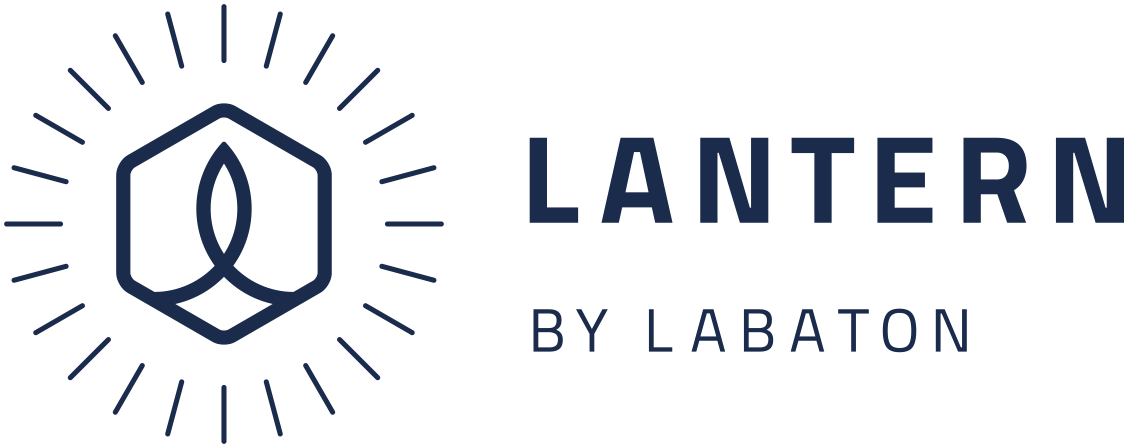Verizon may be violating the privacy rights of its customers by allowing a third party’s artificial intelligence software to record and analyze the conversations between its customers and its customer service representatives without the customer’s knowledge or consent. If you called Verizon’s customer service center and ultimately spoke with a live Verizon customer service agent for assistance regarding your Verizon service, you may qualify for a claim under state wiretapping and communication privacy laws of up to $5,000.
This is a case about privacy. We allege that when a Verizon customer calls Verizon’s customer service number, once the call is transferred to a live Verizon customer service representative, A.I. software begins listening in on the call: recording everything said and analyzing it in real time. We allege further that Verizon does not disclose to its customers that it uses this A.I. software and does not obtain prior consent from its customers before allowing the third-party software to intercept and analyze the call. We are representing clients in individual arbitration claims against Verizon for violating California and Pennsylvania state wiretapping laws, as well as additional state consumer protection laws.


